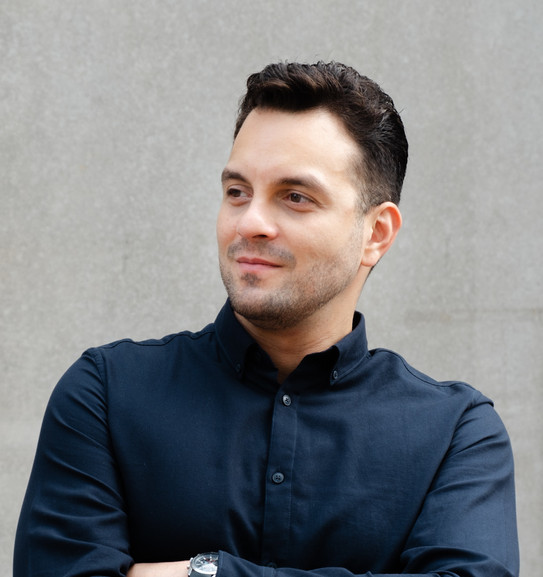Dr Fillipe Feitosa
Profile
»I am a dedicated spatial researcher, data scientist and web developer with a profound interest in the interface between technology and the dynamics of social systems. My PhD research focused on computational simulations to promote social-spatial justice, specifically examining access to local services of general interest. My work bridges the gap between theoretical justice principles and practical applications, translating these principles into objective parameters for assessing spatial justice.«

Curriculum Vitæ
Research and Professional Experience
| Since 07/2024 | Research Fellow, TU Dortmund University, Germany |
| 06/2023 – 06/2024 | Invited Adjunct Lecturer, University of Aveiro, Portugal |
| 08/2021 – 06/2024 | Associated Researcher, TU Dortmund University, Germany Department of Spatial Planning |
| 04/2018 – 05/2023 | Research Assistant, University of Aveiro, Portugal Department of Social, Political, and Territorial Sciences |
| 04/2021 – 08/2021 | Visiting Scholar, TU Dortmund University, Germany Department of Spatial Planning |
| 2015 – 2017 | Research Assistant, Universidade de Brasília, Brazil LADES (Dependencies and Security Laboratory) |
Education
| 2023 | Ph.D Public Policies and Urban Planning |
| 2016 | B.Sc. Software Engineering; Universidade de Brasília, Brazil |
Awards and Honours
| 2021 | ERASMUS+ Scholarship European Commission |
| 2015 | First Prize, Blind Mouse Artificial Intelligence Challenge Universidade de Brasília, Brazil |
| 2013 | Research Initiation Scholarship Brazilian Studies Association |
Research
My research is concerned with urban planning and political philosophy. Translating abstract concepts of justice into objective parameters that can be measured is no trivial task. The same goes for applying these abstract concepts of justice into spatial notions of organisation of basic services supplying the means to individuals to satisfy demands including education, health, leisure, and culture. Rather than deterministic metrics to classify spatial layouts, my work is based on a multidisciplinary approach to discuss justice principles and understand the city through applying an accessibility perspective. I contribute to this field by providing a broad discussion on justice principles and related concepts, such as (in)equality and (in)justice, their spatial implications, the understanding of urban form by the justice perspective that can be used to suggest potential unjust regions.
I am currently working on the following DFG-funded project:
Contact
Dr Fillipe Feitosa
TU Dortmund University
Department of Spatial Planning
Room GBIII/308
August-Schmidt-Straße 10
44227 Dortmund
Germany
Tel.: +49 (0)231 7552087
Email: fillipe.feitosatu-dortmundde

